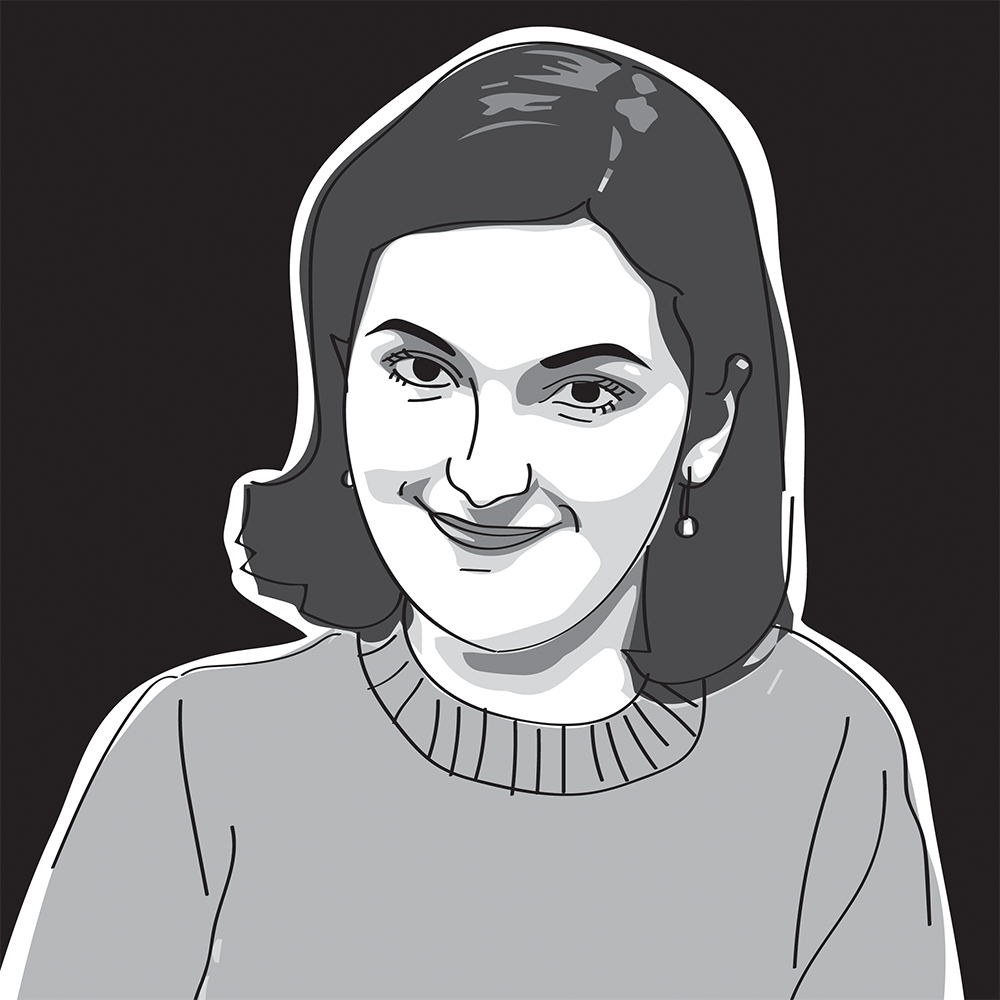It took me a long time to consider myself “disabled.” I know that sounds strange coming from someone who, wheelchair and all, is a veritable poster child for the term.
Yet growing up, “disabled” conjured images of sick people on television or patients in the hospital where my mom worked. The word carried a heavy negative connotation, implying someone who was to be pitied, cared for and protected. It wasn’t an identity; it was a defect. Meanwhile, everyone in my life, from parents to friends to teachers, was able-bodied. In my mind, I was like them — not like the helpless caricatures of disabled people in pop culture and the world around me.
For disabled children and adults, this sense of internalized ableism is all too common, causing self-esteem and mental health issues that permeate every aspect of life. To minimize ableism, we need to acknowledge disability as a normal part of human diversity — an identity like any other, rather than a deficiency or inferiority.
Disabled people are America’s largest minority and as a society we fail to pursue equality for this group when we separate disability from other types of “diverse” identities. For other minority groups, we tend to understand that their adversity is caused by external factors like prejudice or a lack of opportunity; we therefore fight to eliminate those barriers. For disabled people, the source of adversity is assumed to be internal, caused by some sort of medical problem. By that logic, there’s nothing that can help disabled people, except perhaps medical interventions.
However, scholars are quick to point out that many difficulties that disabled people face are not inherently caused by their disabled body, but instead by their environment. For example, the fact that I can’t walk is a problem largely because I can’t use stairs and thus do not have access to certain places. However, this limitation practically disappears when all buildings around me have ramps. It isn’t my disability that limits me, but that those around me have made a decision to construct buildings that don’t accommodate everyone.
My body cannot be changed, but the buildings around me can. For the sake of progress in pursuing equal treatment and opportunities, we need to acknowledge the adversity faced by disabled people as a result of institutional exclusion, not physical inability. In other words, stop feeling sorry for me because I can’t walk up stairs and start helping me build a ramp instead.
Another large barrier to equal treatment of disabled people is the assumption that we inevitably have a lower quality of life than others. In reality, studies find that people with disabilities have equal or even greater life satisfaction than those without disabilities. Issues with quality of life only arise when we lack medical resources, reside in an inaccessible city or are denied jobs due to disability — the same types of oppressive external challenges faced by other minorities. When we assume that the oppression faced by disabled people is caused simply by our disabilities, we ignore these discriminatory factors and fail to fix them.
Moreover, to combat the mental health and confidence issues related to internalized ableism, we need to encourage disabled people to accept and take pride in themselves. This also means stopping harmful tropes that encourage disabled people to minimize or “overcome” their disabilities, marking them as a flaw.
This seemingly harmless sentiment was ingrained into my own experience from a young age, each time my parents proudly asserted to friends and family that, despite my wheelchair, I didn’t consider myself disabled. Instead, they assured everyone that I was just like “everybody else.” I learned that my behavior and ambitions were somehow incompatible with — and better than — being disabled.
In the same way, adults would commend me for “overcoming” my disability by doing simple things like getting good grades and participating in school activities. Every minimization of my disability was intended as a compliment.
In situations like these, no one was actively trying to do any harm; these are simply the things we say to disabled individuals who defy the stereotypes of disability. But in doing so and in praising achievement as “overcoming” disability, we are only teaching that disability is incompatible with success.
Only when we learn to view disability as a normal part of human diversity will these harmful practices and inequalities cease. We cannot pretend to pursue a just and equal society if we continue to leave the largest minority behind.
Anna Landre is a sophomore in the School of Foreign Service. Discussing Disability appears online every other Tuesday.















Melissa Weiss • Apr 25, 2019 at 3:00 pm
Reading your columns after seeing the Post piece; love your perspective–it’s one I share but haven’t ever managed to articulate as effectively. Chose my upcoming internship (working on a second masters in an effort to return to work) because it *doesn’t* pay.